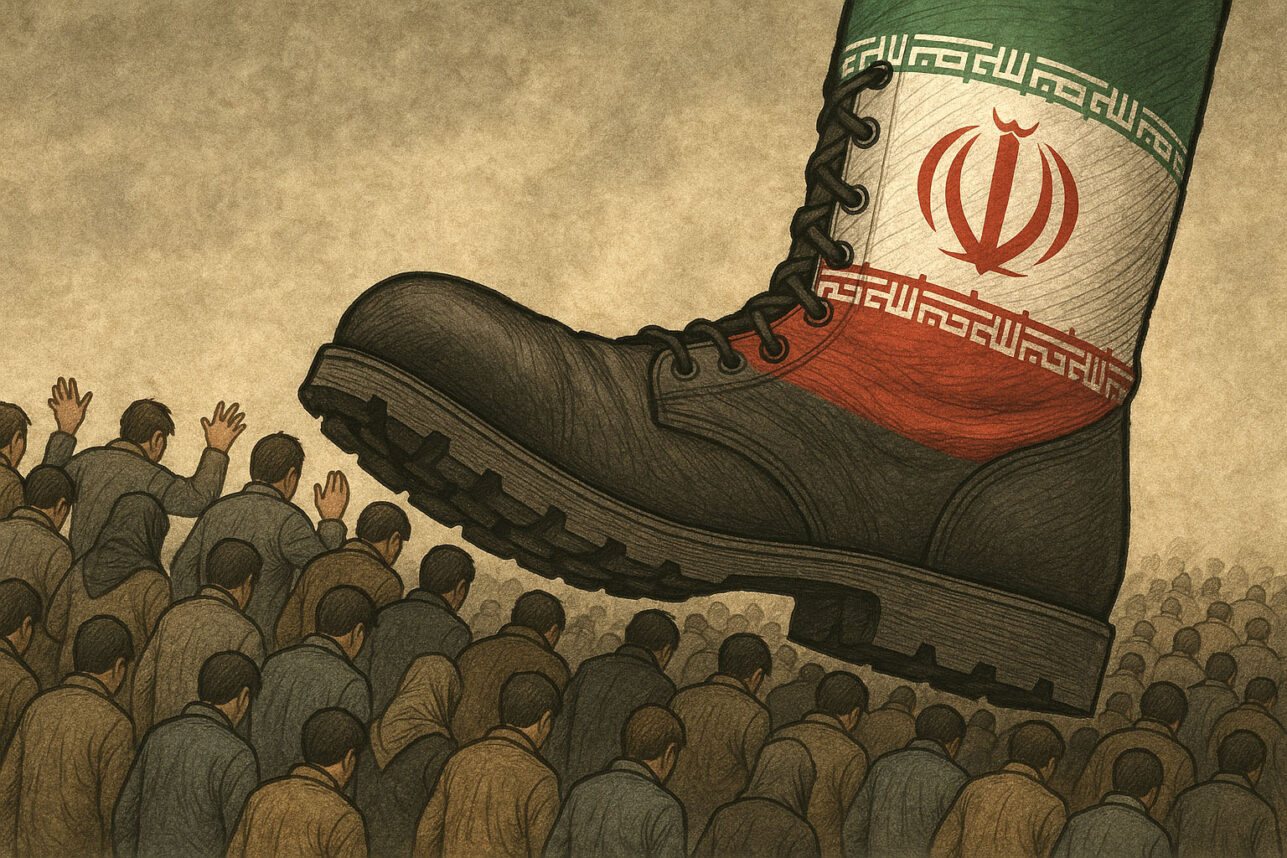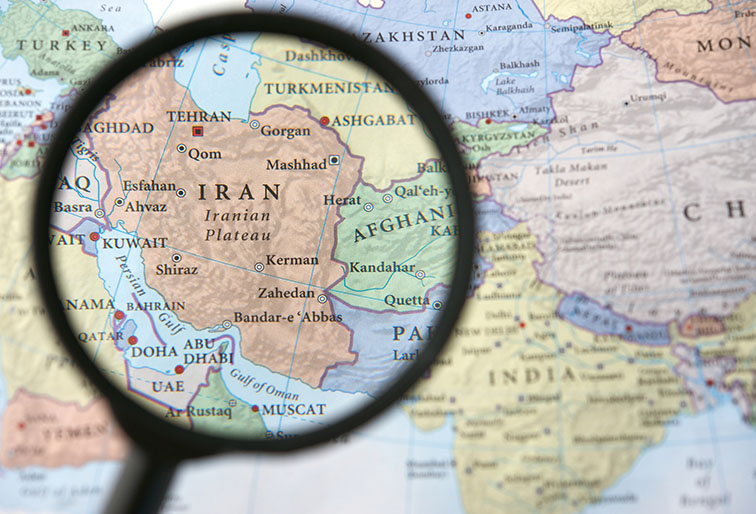
The Media Line — Israel’s Foreign Ministry directed a message to the Kingdom of Saudi Arabia on the International Day for Tolerance − celebrated each year on November 16 − which raised questions regarding possible rapprochement between the two countries following Israel’s recent peace agreements with the UAE, Bahrain and Sudan.
“On the occasion of the International Day for Tolerance, we urge Saudi Arabia to confront extremism under the mantle of the Islamic religion…, an important step to spread intimacy and forgiveness under one roof,” the ministry’s IsraelinArabic Twitter account posted.
“One hand can’t clap…. Yes to tolerance,” the tweet continued.
Gilar Sher, a fellow at both Rice University’s Baker Institute for Public Policy in Houston and at the Institute for National Security Studies (INSS) at Tel Aviv University, and a chief of staff and peace negotiator under former Prime Minister Ehud Barak, told The Media Line that several processes were going on related to the regional trend of normalization agreements between Israel and the United Arab Emirates, Bahrain and Sudan, “all brokered by the outgoing Trump Administration.”
Sher pointed out that these processes were obviously affected by myriad factors, primarily the domestic political timelines within all the parties concerned, particularly in Jerusalem and Washington.
“Saudi Arabia was often mentioned by analysts and commentators as potentially the most important pivot in the regional normalization process and the countering of Iran’s aggressions via a Sunni axis to be eventually formed,” he said.
Sher added that a component concerned the characters of the leaders involved, first and foremost US President Donald Trump, Israeli Prime Minister Binyamin Netanyahu and Saudi Crown Prince Mohammed bin Salman. “Consequently I do not rule out the likelihood of a hastily promoted deal in the next couple of months,” before President Trump leaves office on January 20.
Nevertheless, Khaled M. Batarfi, a Saudi analyst and professor at Alfaisal University in Riyadh, told The Media Line the kingdom’s position was fixed regarding peace with Israel, where the latter had to first accept the Arab Peace Initiative.
The 2002 Arab Peace Initiative was based on international laws and resolutions, under the principle of land for peace.
“The Palestinians can choose what they want; it’s their business, their land and cause. Let us choose for ourselves what we want. This is our business and our right,” Batarfi said.
He stressed, however, that if there were countries that had decided their interests would be served by normalization, and at the same time they were keen to obtain concessions for the Palestinians, “then this is their sovereign right. And they are thanked for what they have achieved for the Palestinian cause.”
Batarfi explained that Saudi Arabia, by virtue of its international stature, chooses to stick to the Arab initiative launched by the Arab states, as by virtue of its Islamic stature, “there will be no normalization before liberating Al-Aqsa Mosque from the Zionists.”
This will hold true “even at the expense of its political and economic interests with the countries that support Israel; this is its sovereign right as well,” he said.


































 More news and opinions than at a Shabbat dinner, right in your inbox.
More news and opinions than at a Shabbat dinner, right in your inbox.